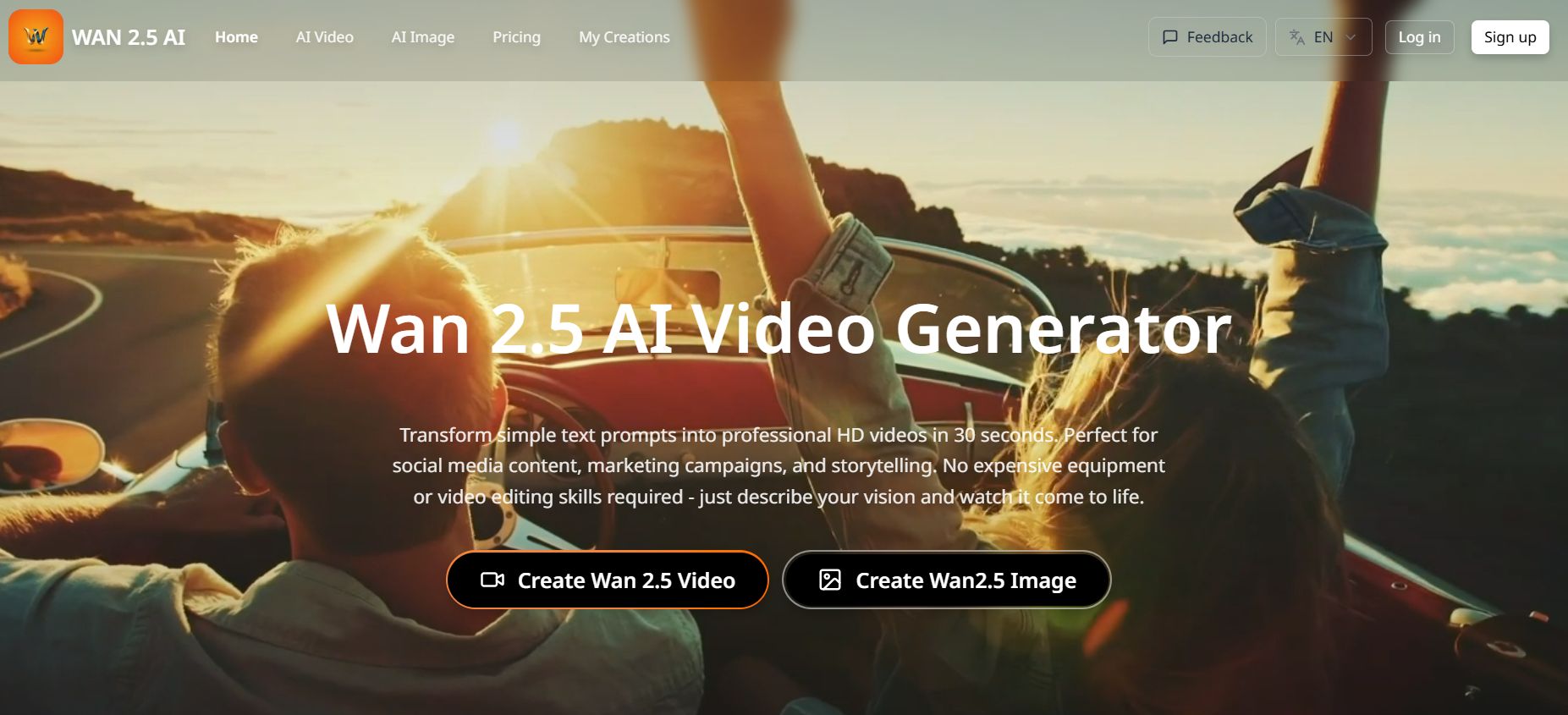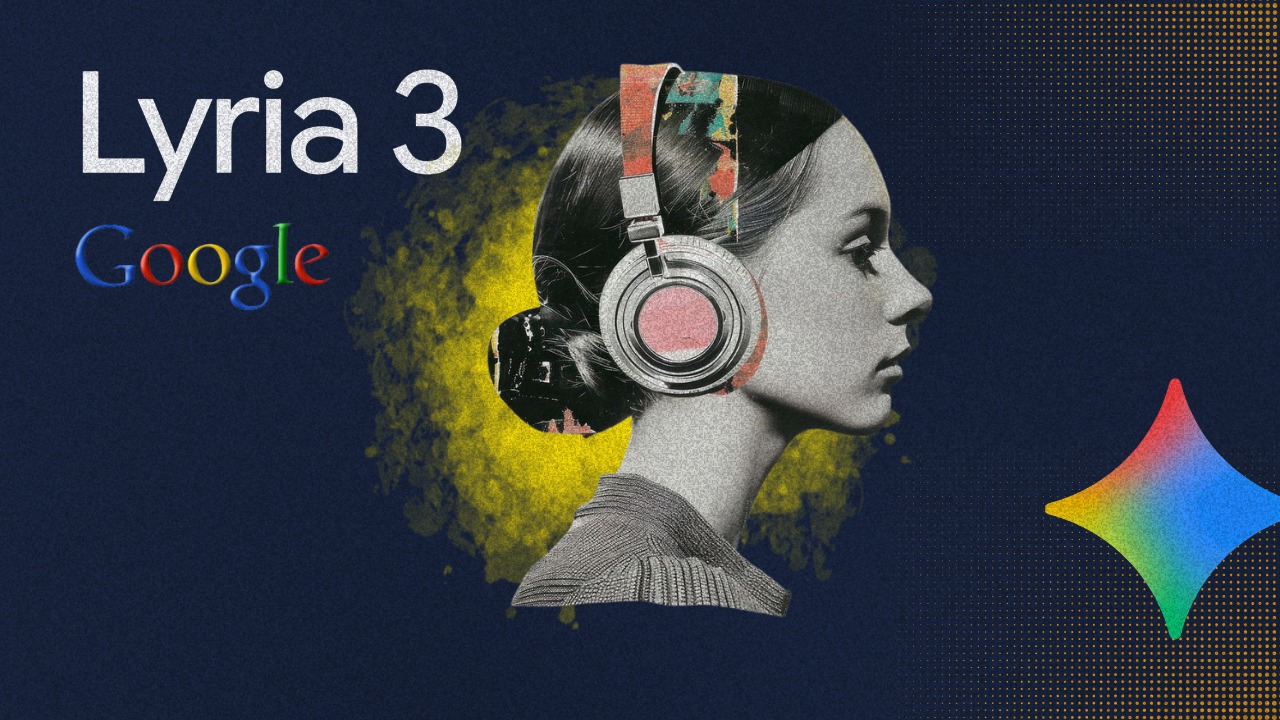
Welcome, Humans!
Ready for your daily dose of AI chaos? I’ve rounded up Today’s Top AI Headlines for those who like to stay ahead – and for the curious, I’ve got some eyebrow-raising stories Beyond the Headlines. Let’s dive in.
In a Nutshell:
Microsoft’s Agent Mode brings workflow AI to Excel
Google adds “AI Mode” to make Search visual
Alexa+ goes on-device with new AI chips
MIT flags climate risks of large AI models
xAI’s Grokipedia aims to replace Wikipedia
🚀Today’s Top AI Headlines:

Microsoft brings ‘Agent Mode’ to Office apps: Microsoft is giving its Office suite a serious AI upgrade with the rollout of Agent Mode, a feature designed to automate complex tasks across Excel, Word, and PowerPoint. In Excel, Agent Mode can now perform multi-step data analysis, create predictive models, and validate results, bringing advanced data science capabilities to everyday users without requiring coding or statistical expertise. In Word, the feature supports interactive drafting, summarization, and document refinement, acting more like a collaborator than a static writing assistant. Meanwhile, Office Agent enables users to create fully polished PowerPoint decks or Word reports directly from a chat command, turning high-level instructions into professional outputs within minutes. This integration signals Microsoft’s push to turn Office into a hub for intelligent agents capable of streamlining workflows across business and academia. Analysts see this as a major step in democratizing AI-driven productivity, with features once reserved for “power users” becoming accessible to everyone. While adoption will depend on user trust and learning curves, Agent Mode could redefine how millions interact with Office apps, shifting them from simple tools to AI-powered collaborators.
Source: Microsoft🤖 Robi: “I tried building a pivot table once. It pivoted... into madness.”
Google makes search visual with AI Mode: Google is transforming its core search product with the launch of AI Mode, a new way to explore the web through images and natural language prompts. Instead of relying solely on text queries and static filters, users can now refine results in real time with conversational inputs like “moody maximalist bedrooms” or “barrel jeans that aren’t too baggy.” AI Mode returns visually rich, shoppable results instantly, integrating products, inspiration, and recommendations in one dynamic interface. For users, this makes search feel less like sifting through links and more like curating a personalized mood board. For retailers and advertisers, it presents an opportunity to showcase products directly within contextually relevant visual flows, reducing the friction between discovery and purchase. The update is rolling out this week for U.S. users and is expected to expand globally soon. Analysts say the move underscores Google’s strategy to counter AI-first competitors like Perplexity and ChatGPT by making its search engine more interactive and engaging. By blending visuals, conversation, and commerce, Google hopes to maintain its dominance in consumer discovery while appealing to younger, image-driven users who prefer TikTok-style browsing over traditional search.
Source: Engadget🤖 Robi: “Search used to answer questions. Now it styles your living room.”
Amazon launches Alexa+ devices with on-device AI: Amazon has unveiled Alexa+, its next-generation voice assistant experience, powered by on-device AI chips for faster, more private processing. The update spans across Echo, Ring, Fire TV, and Kindle devices, marking the company’s boldest attempt yet to make Alexa more natural, conversational, and context-aware. Key features include Familiar Faces, which allows Alexa to recognize household members for personalized responses, and Search Party, a new tool that uses vision and sound to help locate missing pets around the home. With on-device AI, Alexa+ reduces dependence on cloud processing, making interactions more responsive and less reliant on constant internet connectivity. This also addresses privacy concerns, since more data stays within the device itself. Amazon is pitching Alexa+ as a true home AI platform, capable of seamlessly integrating smart home control, media, and daily tasks. The rollout comes as Amazon faces intensifying competition from Google’s Gemini-powered assistants and Apple’s rumored AI-enhanced Siri. Analysts believe Alexa+ could be a turning point for Amazon’s device ecosystem, giving Alexa a fresh identity as more than just a voice command system, positioning it instead as a household AI companion.
Source: Amazone News
🤖 Robi: “Great, now your doorbell can recognize Aunt Cheryl and roast your outfit.”
🔍Beyond the Headlines:
MIT flags climate risks of large AI models: A new MIT study warns that massive AI models could accelerate climate change if energy consumption isn’t managed responsibly. While AI is often touted as a tool for addressing environmental challenges, researchers caution that the vast compute demands of frontier models create a carbon footprint that may offset their benefits. The study raises tough questions about balancing innovation with sustainability, sparking debate over whether AI is “saving the world” or “melting it.” Experts call for more investment in green AI infrastructure, renewable-powered datacenters, and efficiency breakthroughs to prevent AI from becoming a net climate liability.
Source: MIT News🤖 Robi: “Saving the world by slightly melting it. Classic human compromise.”
xAI’s Grokipedia aims to replace Wikipedia: Elon Musk has teased a new xAI project called Grokipedia, which he claims will surpass Wikipedia in both scale and intelligence. Designed to integrate with xAI’s Grok models, Grokipedia would act as a constantly updating knowledge engine, offering richer context and reasoning than traditional encyclopedias. Musk positioned it as a replacement for Wikipedia, which he has often criticized for bias and moderation policies. While details are scarce, the announcement has already fueled debate over whether AI-powered platforms can, or should, replace community-driven knowledge bases. Critics warn of accuracy risks, while fans see it as Musk’s latest disruption play.
Source: The News
🤖Robi: “Finally, an encyclopedia that argues with you in real time.”
🤖Prompt of the Day:
Human Capital Strategy
Prompt: You are an HR strategist specializing in workforce optimization. Your task is to develop a human capital strategy for a [business type or niche] employing [workforce size].
Your framework should include: (1) workforce planning and skills gap analysis, (2) recruitment and retention programs, (3) diversity and inclusion initiatives, (4) talent development and succession planning, (5) employee engagement and culture initiatives, and (6) KPIs such as turnover rate, employee productivity index, and training ROI.
🤖AI Tools You Didn’t Know You Needed:
Problem: Creating high-quality videos from text or images often requires expensive equipment and technical expertise.
AI Solution: AI-powered video generators transform simple prompts into professional-grade videos with synchronized audio and cinematic quality.
AI Tool: Wan 2.5 AI is an AI-driven platform that helps users generate HD videos from text or images, complete with soundtracks and ambient audio.
Helpful Features
Text-to-Video: Convert descriptions into cinematic sequences.
Image-to-Video: Animate static images with natural motion.
Audio-Visual Sync: Native synchronization of dialogue, music, and ambient effects.
Commercial License: Full usage rights for all generated content.

⚡ Robi’s Hot Take on X






